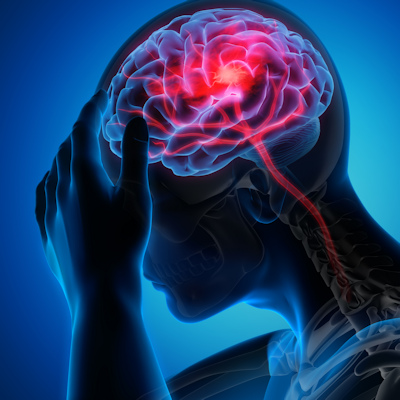 Nanoparticles enhance effect of brain stimulation on stroke recovery in rats
Nanoparticles enhance effect of brain stimulation on stroke recovery in rats
Combining nasally administered nanoparticles and noninvasive brain stimulation improves the recovery of ischemic stroke in rats, according to researchers from Xi’an Jiaotong-Liverpool University and other universities in China. Read More
 Biotech licenses drug discovery platform from Harvard, Tufts to study complex CNS diseases
Biotech licenses drug discovery platform from Harvard, Tufts to study complex CNS diseases
Unravel Biosciences has licensed a drug discovery platform from Harvard University and Tufts University to decode and model complex central nervous system (CNS) diseases. Read More
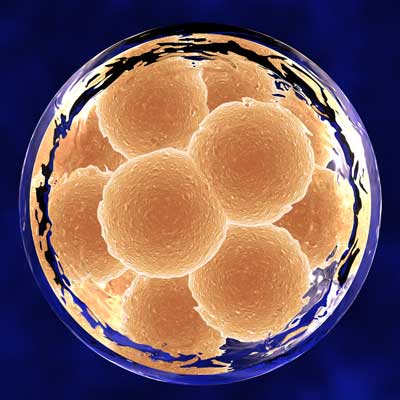 CRISPR edited rat embryos reveal cause of rare pediatric neurodegenerative disease
CRISPR edited rat embryos reveal cause of rare pediatric neurodegenerative disease
Using CRISPR gene editing technology on rat embryos, University of Wisconsin-Madison researchers have revealed the mutation that is responsible for progressive gait abnormalities and other symptoms in human infants and young children with a rare neurodegenerative disease. Read More
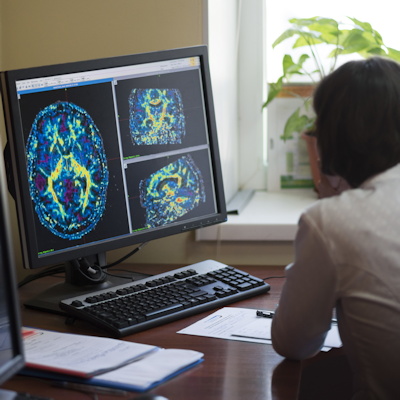 NIH funds repurposing of breast cancer drug against glioblastoma
NIH funds repurposing of breast cancer drug against glioblastoma
The National Institutes of Health (NIH) is funding research into the repurposing of the breast cancer drug letrozole for use against the most deadly form of brain tumors. Read More
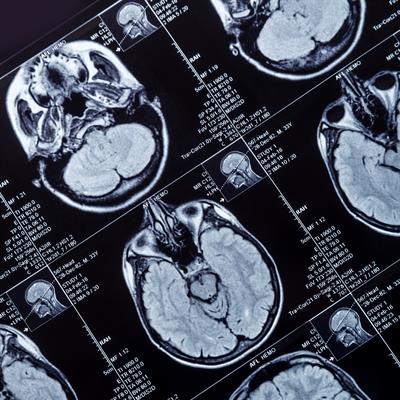 Combination therapy improves survival in mice with deadly glioblastoma
Combination therapy improves survival in mice with deadly glioblastoma
Combining an antidepressant and vascular endothelial growth factor inhibitor improves outcomes in mouse models of a hard-to-treat type of brain cancer, despite neither treatment being efficacious as a single agent, according to new research. Read More
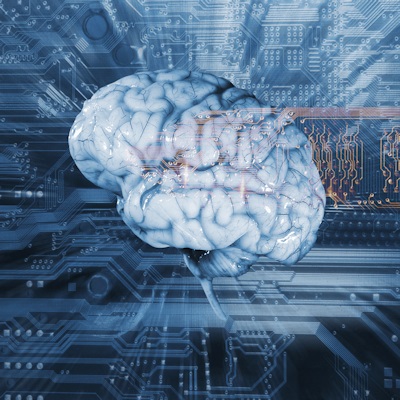 Researchers further understanding of how circadian clock helps brain recover after injury
Researchers further understanding of how circadian clock helps brain recover after injury
Children’s National Hospital researchers have found that a relatively newly discovered type of brain cell -- known as NG2-glia -- also follows a circadian rhythm, findings that potentially open new paths of investigation for the development of future traumatic brain injury therapies. Read More
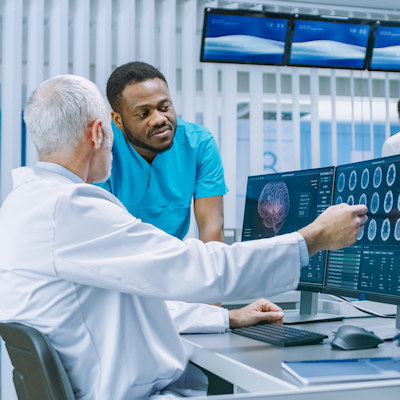 Hormone therapy improves cognitive function in Down syndrome in small pilot study
Hormone therapy improves cognitive function in Down syndrome in small pilot study
Subcutaneous doses of gonadotropin-releasing hormone, a master molecule that controls reproduction, may improve cognitive function in men with Down syndrome, according to results of a small pilot study built on research in mice. Read More
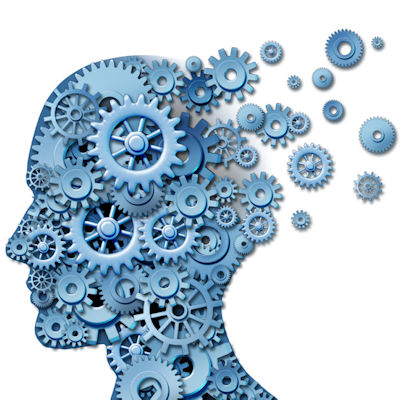 Multiomics analysis reveals potential opportunity for early intervention in Alzheimer’s
Multiomics analysis reveals potential opportunity for early intervention in Alzheimer’s
A gene that carries a strong risk for Alzheimer’s disease drives changes in the brain’s blood vessels that lead to problems in synapses and ultimately cognitive dysfunction, according to a study in mice. Read More
 Imaging technique reveals previously unseen nanostructures in brain tissue
Imaging technique reveals previously unseen nanostructures in brain tissue
Swellable hydrogels have enabled researchers to “decrowd” biomolecular structures in cells and tissues, revealing previously hidden nanostructures and providing imaging of the structure of Alzheimer’s-linked amyloid beta plaques in greater detail than has been possible before. Read More
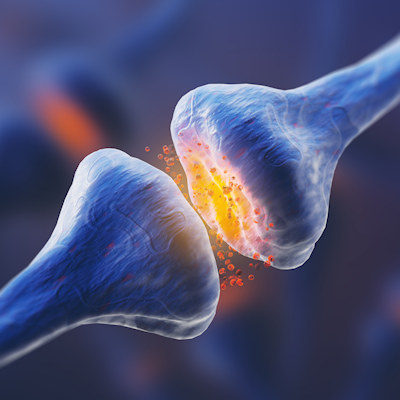 Boosting neuron production offers viable treatment strategy for Alzheimer’s: mice study
Boosting neuron production offers viable treatment strategy for Alzheimer’s: mice study
A new study from University of Illinois Chicago researchers shows that boosting neurogenesis, the process by which new neurons are formed in the brain, increases the number of newly formed neurons involved in storing and retrieving memories in the hippocampus of mice with Alzheimer’s disease. Read More
Conferences
Science Briefs
Member Rewards
Earn points for contributing to market research. Redeem your points for merchandise, travel, or even to help your favorite charity.
Research Topics
Interact with an engaged, global community of your peers who come together to discuss their work and opportunities.
Connect
Tweets by @ScienceBoard






